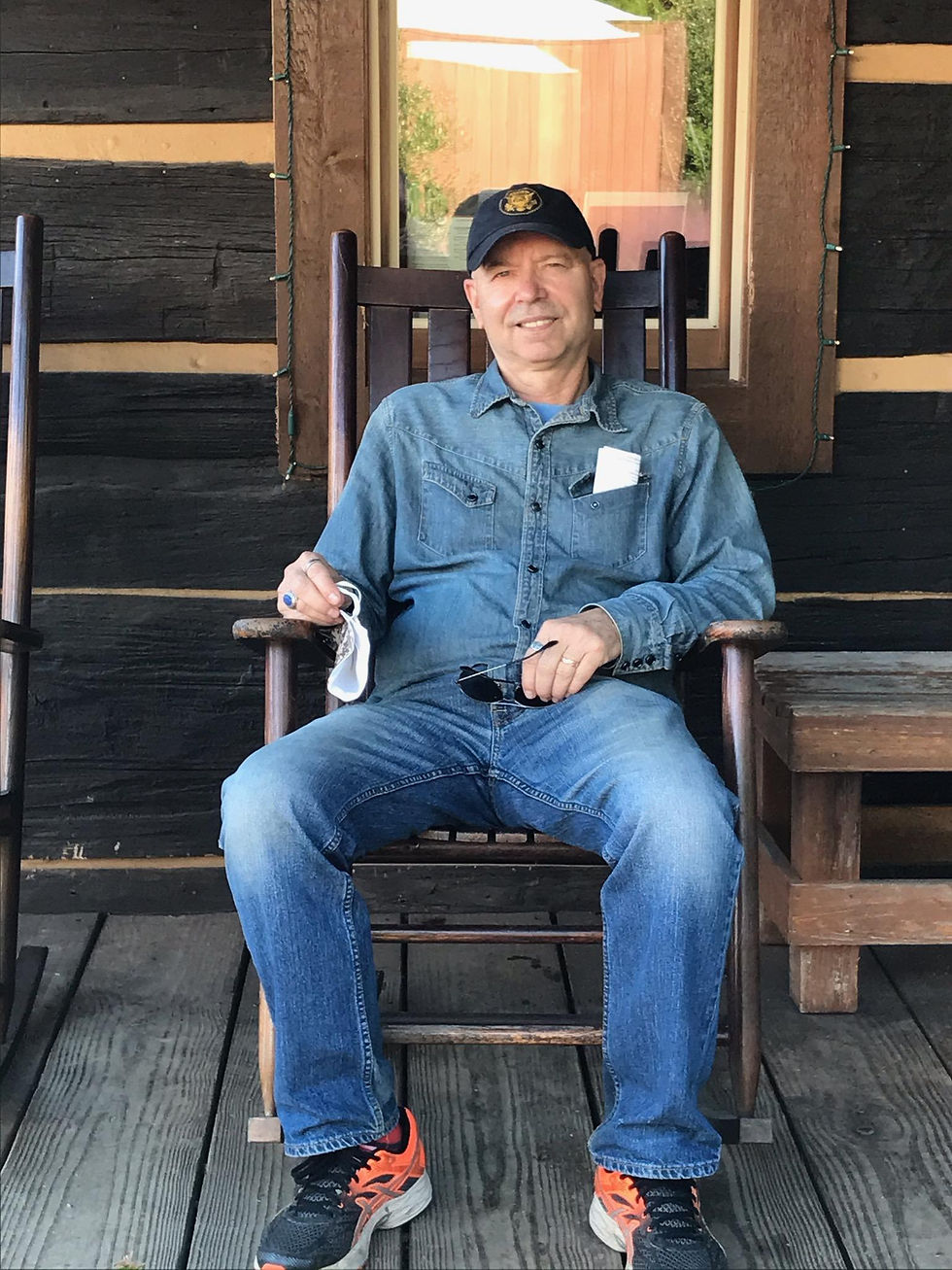Antidotes 4 Baby Boomer Decline & Bubble Bursting
It’s right to applaud the WSJ’s “Baby Boomers’ Biggest Financial Risk: Cognitive Decline” because it maps out how big funds & brokerage firms have “developed sophisticated systems to watch for some telltale signs.” One reason for skepticism, however, may be this Baby Boomer (& presumably many others like him) lost his shirt as well as life savings more than once as a young man by listening to such institutional financial gurus. Think the Black Monday market crashes of 1987, 2008.
But, that’s another story. As a practicing lawyer, I can also testify to the WSJ’s premise that “cognitive decline…robbed several of my BB clients of their judgment without much warning. As the paper noted, “one big mistake or a series of smaller ones can go unnoticed by loved ones & potentially ravage a lifetime of hard-earned savings.” Kudos, then, to companies like Fidelity, Schwab & Vanguard, who are mitigating the risks by “strengthening some of the ways they detect possible signs of decline…[like]…checking for clients’ difficulty navigating security protocols or need for frequent password sets…or client-call recordings for keywords such as ‘confused’ & ‘dementia.’” In those cases, we’re told, “a designated family member might be informed” by the firms.
Of course, that heightened & proactive security triggers a bunch of privacy & other legal issues that the financial institutions usually want no part of for obvious reasons. So, again, Kudos for taking on the burden; only wish they & their colleagues had developed more safeguards for youthful investors like myself who sometimes foolishly listened to their foolish advice, especially during the dot.com “bubble” crash of 2001…
Davd Soul





















コメント